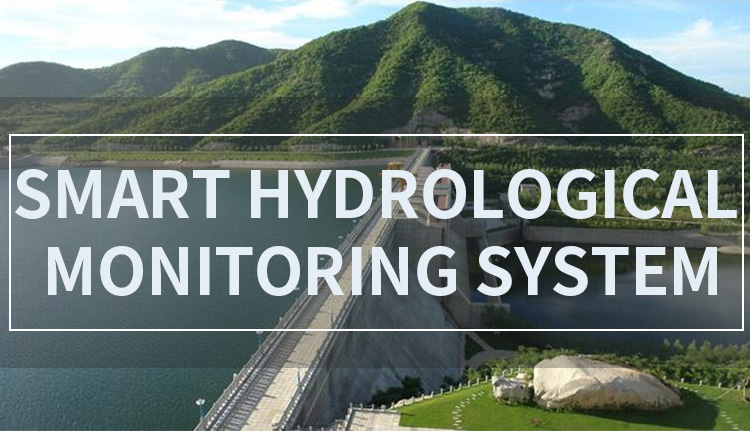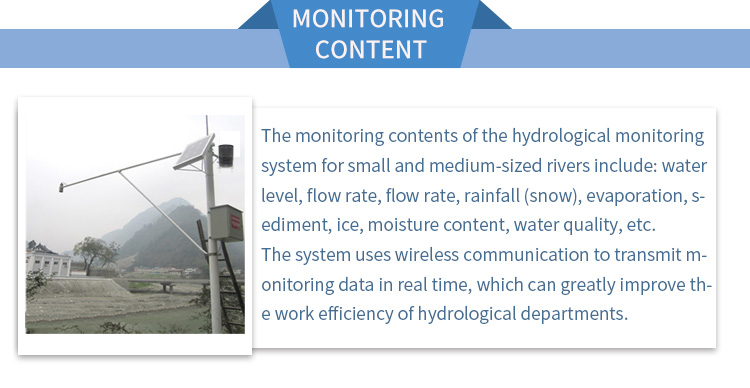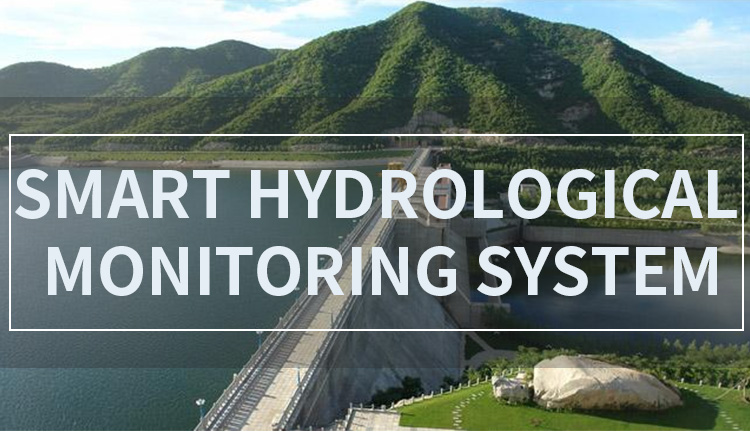Water quality monitoring plays a critical role in ensuring access to clean and safe water for human consumption, agriculture, industrial activities, and environmental protection. However, despite significant progress made in recent years, many challenges remain in achieving sustainable development goals related to water quality.

One of the main challenges is the lack of adequate infrastructure and resources for water quality monitoring in many parts of the world. In particular, developing countries often lack the necessary equipment, expertise, and funding to monitor water quality effectively. Without reliable data on water quality, it is challenging to develop effective policies and strategies to address water-related challenges.
Another challenge is the lack of standardization and harmonization of water quality monitoring systems and methods. Different regions and countries use varying approaches to monitor water quality, which can create inconsistencies and make it challenging to compare data across different locations. This can limit the effectiveness of international efforts to address water quality challenges, such as the United Nations' Sustainable Development Goals (SDGs).
In addition to these challenges, advances in technology have created new opportunities for water quality monitoring. For example, remote sensing and data analytics can provide real-time information on water quality, allowing for more proactive and effective management of water resources. Cloud computing and mobile technologies can enable real-time data collection, analysis, and sharing, making water quality monitoring more accessible and cost-effective than ever before.
Moreover, citizen science and community engagement can also play an essential role in water quality monitoring. By involving local communities in monitoring activities, it is possible to gather more comprehensive and accurate data on local water bodies while raising awareness about the importance of water quality and encouraging public participation in water management activities.

To address these challenges and seize these opportunities, water quality monitoring efforts need to be integrated into broader water management strategies that prioritize sustainability and equity. This includes investing in infrastructure and capacity building, promoting knowledge and skills transfer, and fostering cooperation and partnerships across different sectors and stakeholders.
Moreover, there is a need for greater harmonization and standardization of water quality monitoring systems and methods, particularly in the context of international efforts to achieve the SDGs. This will require political will, technical expertise, and financial resources to overcome existing barriers and ensure effective coordination and cooperation at the global level.
In conclusion, water quality monitoring is essential for achieving sustainable development goals related to water resources management, human health, and environmental protection. While many challenges remain, new opportunities created by advances in technology and community engagement offer the potential to transform water quality monitoring and management in the coming years. By working together across borders and sectors, we can turn these challenges into opportunities and create a more sustainable and equitable world for us all.







